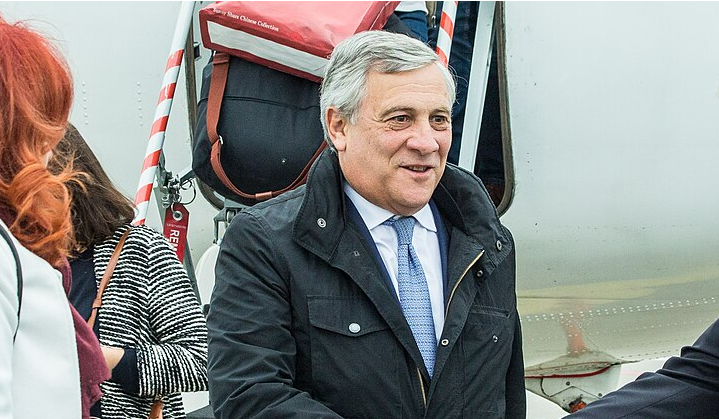No use of its weapons against targets in Russia.
Others are reading now
Italy is taking a firm stance against the use of its supplied weapons by Ukraine for attacks on Russian soil.
According to Ukrinform, this position comes in response to NATO Secretary General Jens Stoltenberg’s call for allied nations to lift restrictions on using their arms for strikes within Russia.
Italian Foreign Minister’s Firm Position
Italian Foreign Minister Antonio Tajani made it clear that Italy remains committed to NATO but emphasized that decisions within the alliance must be made collectively.
“We are an integral part of NATO but every decision must be taken in a collegial manner,” Tajani stated.
Also read
He stressed that Italian-supplied weapons should only be used within Ukrainian territory, underscoring the importance of adhering to agreed-upon usage limitations.
Political Support Across the Spectrum
This stance is not isolated within the Italian government.
Vice-Prime Minister Matteo Salvini, leader of the conservative “Lega” party, echoed Tajani’s sentiments, asserting that Italy is not at war with anyone.
“If it was right to help Ukraine militarily, then lifting the ban on Kyiv striking military facilities in Russia is not even discussed,” Salvini said.
This reflects a broader political consensus within Italy against escalating the conflict.
Strong Reactions from the Left
On the left, Nicola Fratoianni of the “Left Green Alliance” criticized Stoltenberg’s suggestion as dangerously irresponsible.
Fratoianni expressed deep concerns about further military escalation, labeling such actions as “insanity” that risks global nuclear conflict.
“We are far from being a point of balance, we are facing another step toward military escalation,” he wrote on social media.
The Italian position contrasts sharply with some other NATO members. British Foreign Minister David Cameron has affirmed Ukraine’s right to use British-provided weapons to strike Russian targets.
Additionally, French President Emmanuel Macron has stated that preventing a Russian victory is a strategic priority and has not ruled out the possibility of deploying European ground troops to Ukraine under specific circumstances.


